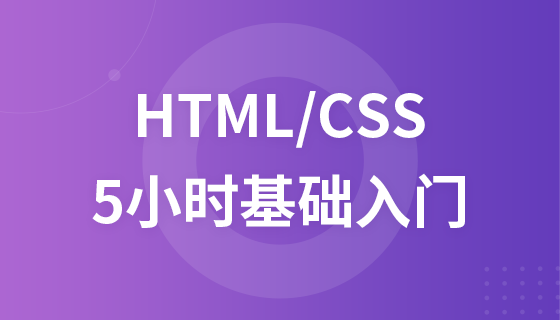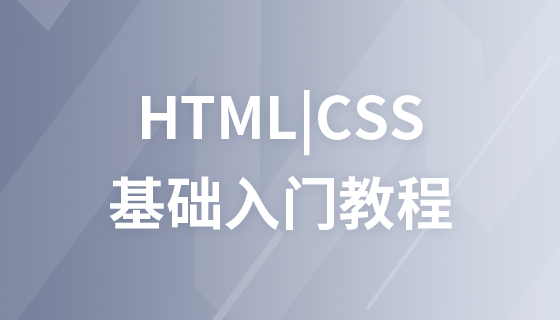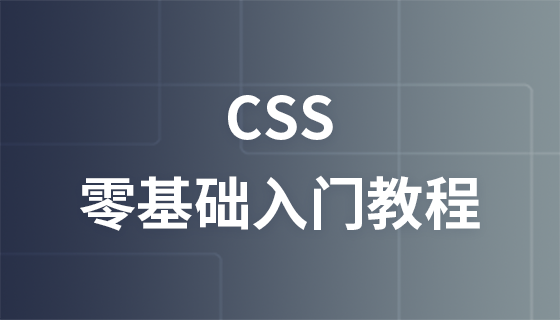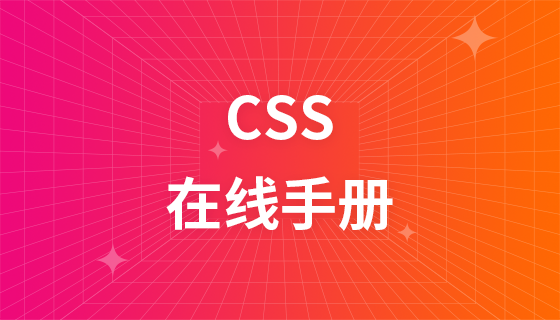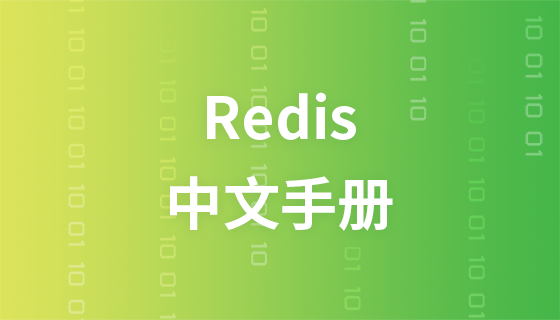Introduction to CSS
CSS Introduction
Knowledge you need
Before continuing to learn, you need to have a basic understanding of the following knowledge:
HTML / XHTML
If you wish to learn these items first, please visit the relevant tutorials on the home page. .
What is CSS?
CSS refers to Cascading Style Sheets
Style defines how to display HTML elements
Styles are usually stored in style sheets
Adding styles to HTML 4.0 is to solve the problem of separation of content and presentation
External style sheets can greatly improve work efficiency
External style sheets are usually stored in CSS files
Multiple style definitions can be cascaded into one
Styles solve a big problem
HTML tags were originally designed For defining document content, the following example:
<h1>Title</h1>
<p>Paragraph</p>
Style sheet Defines how HTML elements are displayed, much like the HTML 3.2 font tag and color attributes did. Styles are usually saved in external .css files. External style sheets give you the ability to change the layout and appearance of all pages in your site simultaneously by editing a simple CSS document.
Contemporary browsers all support CSS.
CSS style sheet greatly improves work efficiency
Style sheet definition how to display HTML elements
Style sheet definition How to display HTML elements, just like the HTML 3.2 font tag and color attributes play a role. Styles are usually saved in external .css files. External style sheets give you the ability to change the layout and appearance of all pages in your site simultaneously by editing a simple CSS document.


